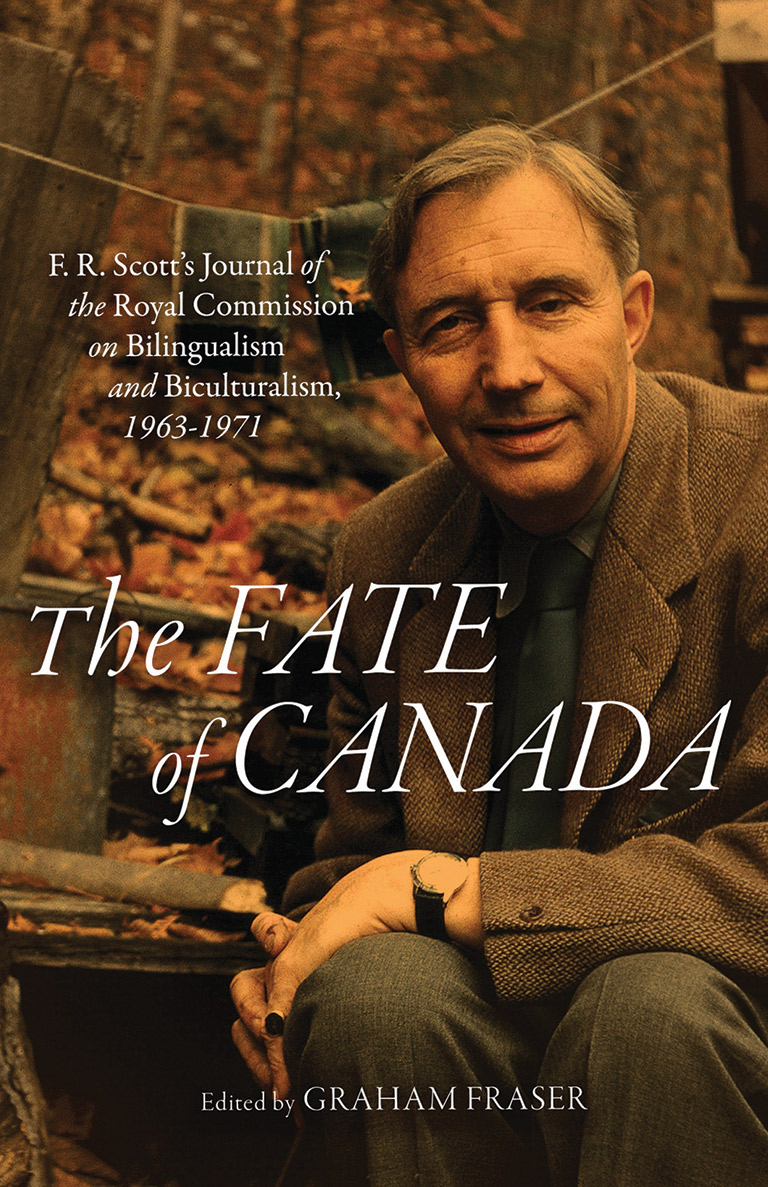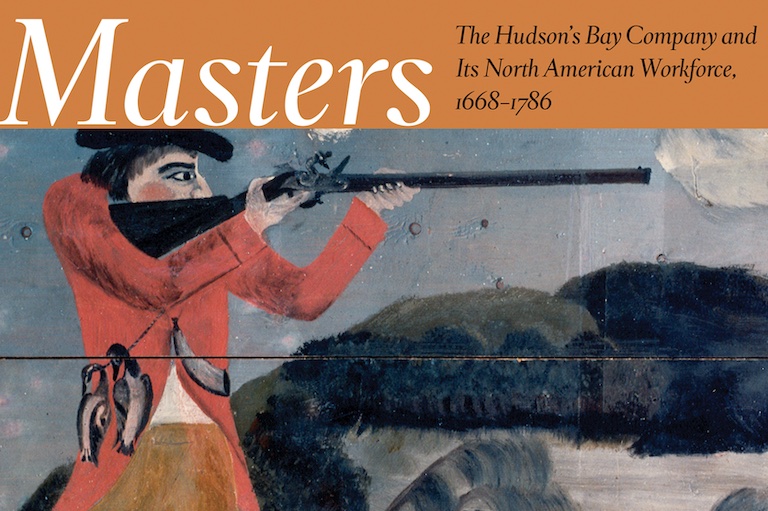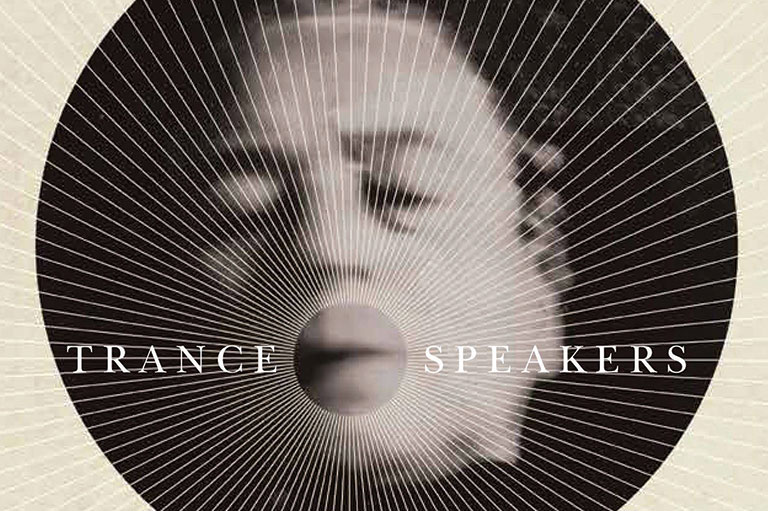The Fate of Canada

The Fate of Canada: F.R. Scott’s Journal of the Royal Commission on Bilingualism and Biculturalism, 1963–1971
edited by Graham Fraser
McGill-Queen’s University Press
384 pages, $37.95
Language haunts us still. It is a proxy for Canada’s continuing stresses around unity and identity. The country’s latest language conflicts, focused on Quebec’s Bill 86, have distressing parallels with past English-French arguments. The modern grandfather of such policy debates was the Royal Commission on Bilingualism and Biculturalism (1963 to 1971). A central figure from that commission, Frank Scott, kept a personal diary that has now been published, casting new light on many characters and historic choices from that time.
Frank Scott was an exceptional intellectual and cultural force, a powerful “influencer” in today’s jargon. As a much-admired poet, a lively humourist, and a brilliant legal thinker, he was introduced in 1982 to Queen Elizabeth II by Prime Minister Pierre-Elliott Trudeau, who said: “Everything I learned about the Constitution I learned from this man.”
Scott’s diary recounts many debates and exchanges that are coloured with gossip and anecdotes. The bilingualism and biculturalism commissioners were assisted by a brilliant array of researchers and represented a wide range of opinions and experience. The commissioners included Quebec nationalists, respected broadcasters and academics, Ukrainian- and Polish-Canadian activists, and francophone leaders from outside Quebec.
Although the commission and its leaders have been studied previously, this is the first time that Scott’s private words have been available to a general audience. They reveal a profound evolution in thinking by him and by other commissioners as they came to see language divisions as symptoms of the country’s deeper challenges. This was captured in a chilling phrase that featured in their 1965 interim report: “Canada, without being fully conscious of the fact, is passing through the greatest crisis in its history.”
Scott was celebrated for his successful defence of individual rights, notably in the Roncarelli appeal against Quebec’s infamous “Padlock Law” that had suppressed the religious freedom of Jehovah’s Witnesses. As dean of McGill University’s law school, and as a founder of Canada’s social democratic party (the CCF, forerunner of today’s NDP), he had earned his status as a respected public intellectual. And yet, as he confessed to his diary, he was not certain how to approach the country’s divisive issues of language and culture.
Over several years, after hearing community voices across the country, including harsh critics of proposed changes to the status quo, and after many discussions with fellow commissioners, Scott concluded that for the English and French in Canada “use of the language is a human right.” (This concept inspired sections in the 1982 Canadian Charter of Rights and Freedoms.)
Members of the Royal Commission were tempted to roam widely as they wrestled with national-unity questions. Some wanted to recommend core constitutional reforms; others wanted to propose protections for languages widely spoken by immigrant groups (though there was little attention to languages spoken by Indigenous peoples). Scott repeatedly defended the Royal Commission’s language-and-culture mandate. With a keen jurist’s eye, he insisted that the commission stick to its area of expertise, buttressed by research and facts, while avoiding a “journalistic manner … seldom going below the surface.”
The commission eventually published five volumes of findings and recommendations. Its background research was top-quality. Its policy outlook has formed the basis of federal language thinking up to our times: official languages, education programs, individual rights, and the recognition of Canada’s core duality in a framework of multiple cultures. By supporting the concept of diversity within political unity, it can be argued that the bilingualism and biculturalism commission laid the groundwork for today’s transforming acceptance of Indigenous expression.
However, Scott also voiced his fears of growing ethnic nationalism and separatism. As a bilingual Quebecer of anglophone origin, he hoped that linguistic tolerance would take hold as a core social value, as much in Quebec as in the English-led provinces. Scott would certainly be deeply dismayed by Quebec’s Bill 86.
Graham Fraser has beautifully edited and contextualised Scott’s diary. During his outstanding career as a national journalist and as official languages commissioner (from 2006 to 2016), Fraser worked tirelessly at interpreting the country, aiming to bridge our solitudes. His introductory and concluding sections on their own make this a valuable book. But it is Scott’s private words that will resonate for readers, demonstrating yet again how Canada remains an experiment in linguistic and cultural diversity, unique in our world, still skating on thin ice.
Themes associated with this article
Advertisement




